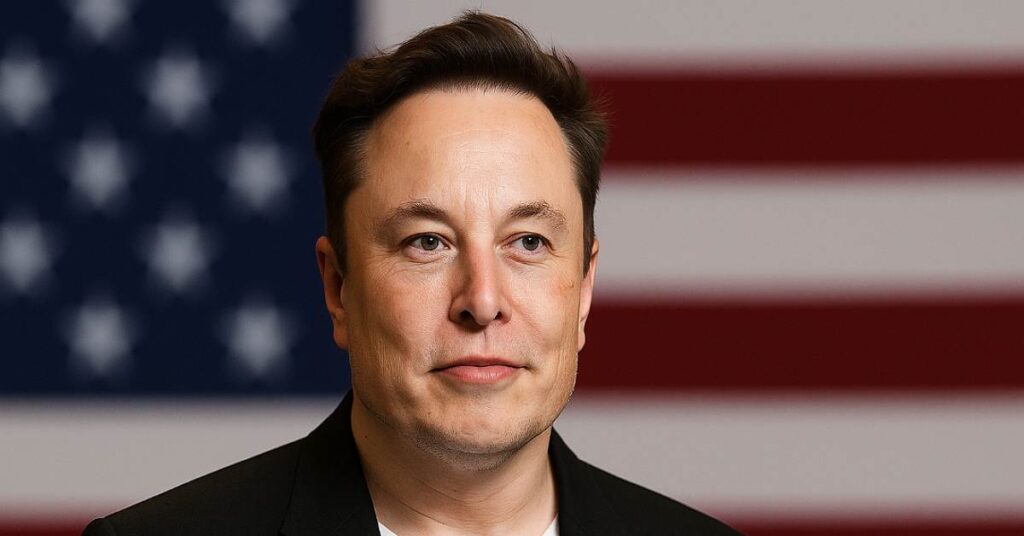Just days before its highly anticipated Robotaxi launch, Tesla is pushing back against the release of certain crash-related data — claiming it would give competitors a peek into its self-driving software performance.
In a recent federal court filing, Tesla asked that crash information sought by the Washington Post be kept confidential. The company says the data could allow rivals to analyze the performance and failures of specific Full Self-Driving (FSD) software versions, potentially giving away key insights about Tesla’s evolving autonomous tech.

What’s the Lawsuit About?
The Washington Post filed a lawsuit against both Tesla and the National Highway Traffic Safety Administration (NHTSA), demanding the release of crash reports involving Tesla vehicles. The Post’s legal team argues that since Tesla owners already know which hardware and software versions they’re using, the data should not be considered confidential.
Tesla disagrees — stating that while drivers see version numbers, public access to crash records tied to specific builds could let other automakers reverse-engineer Tesla’s progress and failure points.
Why Tesla Says This Data Can’t Go Public
Tesla believes releasing this data would cause “competitive harm.” According to its legal team, the crash details could help:
- Estimate how effective each FSD update is
- Determine crash frequency per software version
- Reveal patterns in Tesla’s problem-solving approach to autonomy
This is especially critical as Tesla pushes for leadership in the autonomous space. The company wants to avoid feeding valuable performance data to rivals like Waymo, Cruise, or even legacy automakers developing self-driving solutions.
FSD Is Still in Beta — and Still Under Scrutiny
Tesla’s Full Self-Driving suite is among the most ambitious on the market, but it’s also controversial. The NHTSA opened a formal investigation into Tesla FSD crashes last October and continues to review accident reports tied to the technology.
While FSD is designed to assist drivers — not replace them — critics argue the branding and rollouts send a mixed message. Tesla insists that drivers must remain alert, and owners are reminded to stay ready to take over at all times.
Yet the scrutiny grows, especially as Tesla edges closer to its autonomy goals.
The Timing Is Raising Eyebrows
Tesla’s request to keep data private comes just days before it plans to unveil its Robotaxi platform — currently expected to launch on June 12 in Austin, Texas.
Some are calling the data debate conveniently timed, pointing to a rise in media criticism of FSD just as Tesla prepares to take another bold step toward autonomy.
While Tesla has yet to achieve true Level 4 or Level 5 self-driving, the Robotaxi platform is expected to showcase how far it’s come — potentially offering fully driverless operation in controlled environments.
